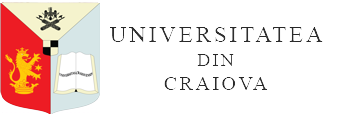SMALL FAMILY FARMS CAPACITY FOR SUSTAINABLE DEVELOPMENT OF SERBIAN AGRICULTURE
DOI:
https://doi.org/10.52846/aamc.v53i2.1524Abstract
Family farms can play a crucial role in the successful and sustainable development of Serbian agriculture. There are several reasons why family farms are significant for the sustainable development of Serbian agriculture, and some of the most important points are: economic contribution, food security, diverse agriculture, market access, local knowledge and tradition. According to the 2018 Farm Structure Survey (FSS), there were 564 541 farms in Serbia, of which 99.71% were classified as family farms with an average size of 4.5 hectares per farm. Moreover, the average economic size of a family farm is 8610 Euros and is 45% higher than in 2012, but still four times smaller than the average in the EU. When evaluating small family farms, it is very important to analyze the age and education level of the farm manager. The average age of the farm managers is 61 years, and in addition, the majority of farm managers (48.6%) have acquired agricultural knowledge only through practical experience. In order to support the capacity of small family farms for sustainable rural development in Serbia, the government and various stakeholders need to: provide policy support, educate and train farmers, improve access to resources and markets, develop infrastructure, and promote research and innovation that meet the needs of family farms. By focusing on these areas to increase the potential of family farms and providing the necessary support, Serbia can build a resilient, sustainable, and economically viable agricultural sector that benefits both rural communities and the overall economy.


